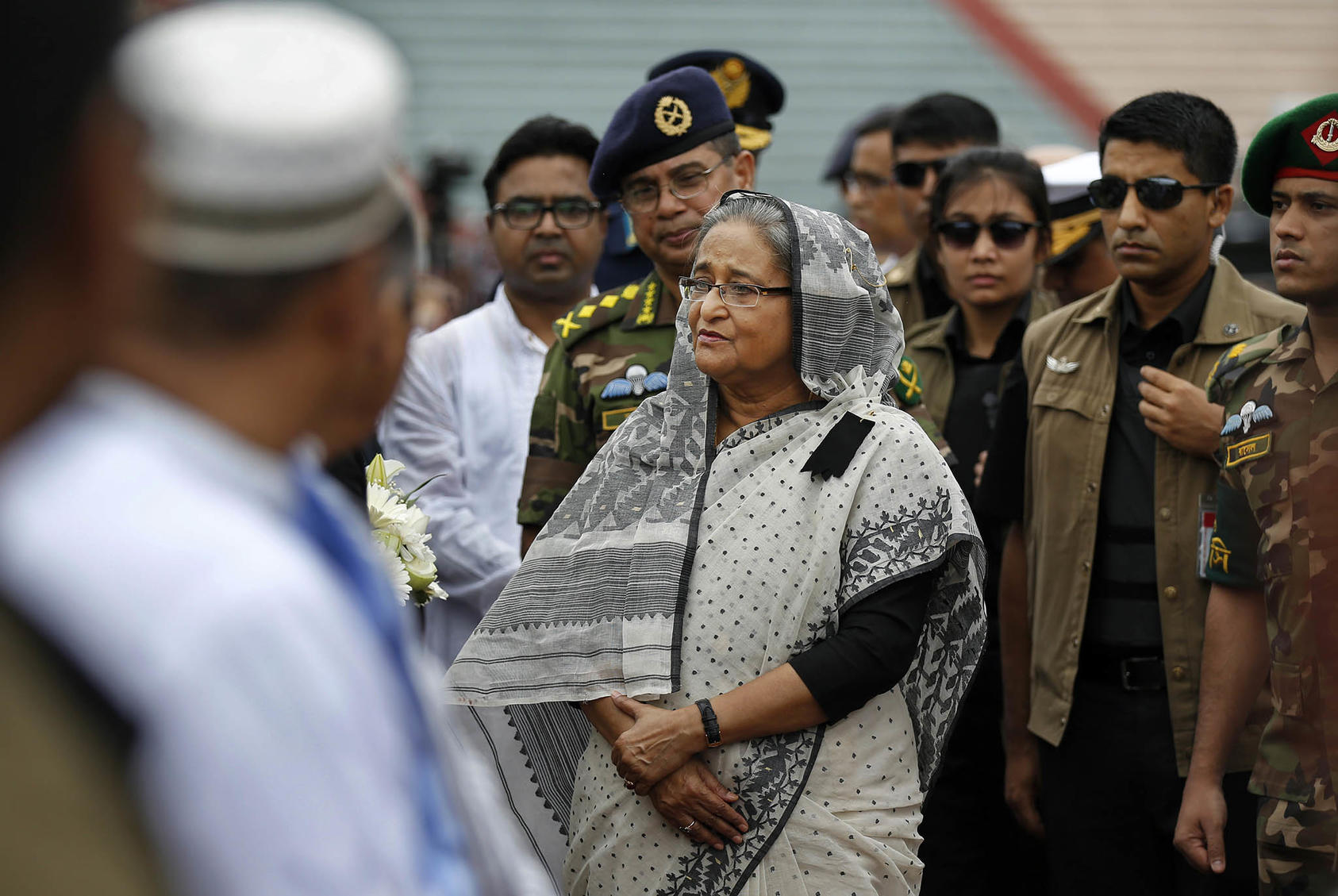Mubashar Hasan; Geoffrey Macdonald

On July 1, 2016, Bangladeshi militants carried out an attack, targeting mostly foreigners and non-Muslims, at the Holey Artisan Bakery in Dhaka. The Bangladeshi government responded to the attack with a concerted and controversial counterterrorism campaign. Although the number of terrorist incidents has been in steady decline since 2016, Islamist groups continue to operate, recruit, and carry out small-scale attacks while aspiring to perpetrate greater violence. This report examines the dynamics, drivers, and manifestations of extremism in Bangladesh and discusses measures to weaken its appeal.
SummaryAlthough contemporary narratives of Bangladesh often emphasize its secular founding, Islamist politics and religious violence have a long history that predates its independence.
Since the Holey Artisan café terrorist attack in July 2016, measurable indicators of terrorist attacks and related fatalities have recorded a steady decline. However, extremism continues to manifest itself in attacks on and harassment of non-Muslim religious minorities, Muslim minority sects, gender and sexual minorities, atheists, and critics of Islamism. In addition, violent extremist organizations continue to recruit and to carry out attacks.
Contemporary extremism is rooted in historical dynamics of state and national identity formation that have inflamed tensions between secular elites and citizens, on one side, and Islamist social and political movements and religious conservatives, on the other. These issues are exacerbated by narrowing political space for dissent, radicalization of some migrant workers, contentious regional politics, and the COVID-19 pandemic.
The Bangladeshi state, nongovernmental organizations, and foreign governments must work to promote social and political pluralism and tolerance; monitor, arrest, and imprison violent extremists in accordance with the rule of law; and increase interreligious dialogue across the region.
No comments:
Post a Comment